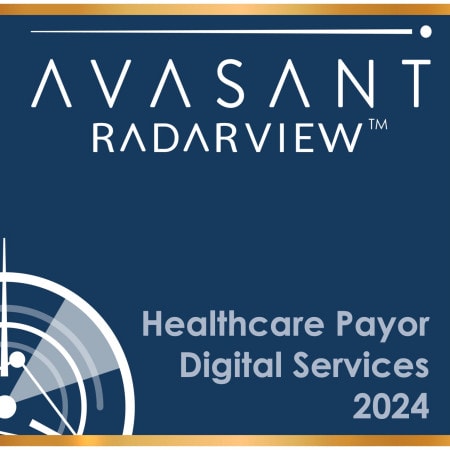-
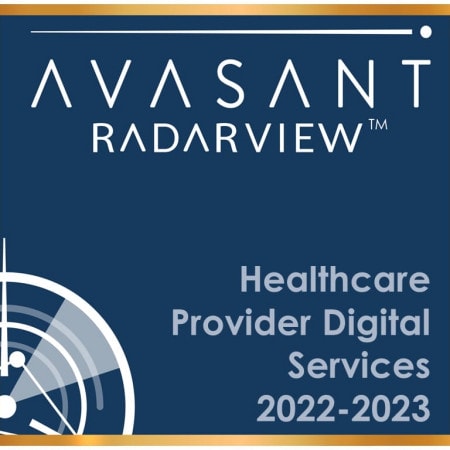
Healthcare Provider Digital Services 2022–2023 RadarView™
The Healthcare Provider Digital Services 2022–2023 RadarView™ can help providers craft a robust strategy for digital transformation based on industry outlook and best practices. The report can aid businesses in identifying the right partners and service providers to accelerate digital adoption. The 94-page report also identifies key service providers and system integrators that can help enterprises in their digital transformation journeys.
March, 2022
-
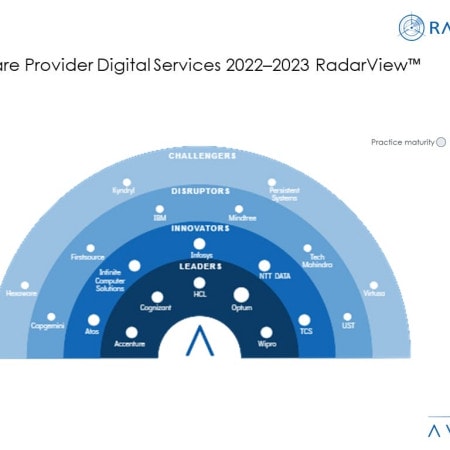
Telehealth: An Emerging Healthcare Delivery Model
Healthcare providers are increasingly investing in telehealth as it facilitates remote patient monitoring, enables wellness management, and reduces dependency on staff. They are not only offering a convenient and cost-effective care delivery model but also generating revenue by treating patients across different geographies. However, there are some challenges such as compliance, high dependency and investment in technology, and data integration. These emerging trends are covered in Avasant’s Healthcare Provider Digital Services 2022–2023 RadarView™.
March, 2022
-
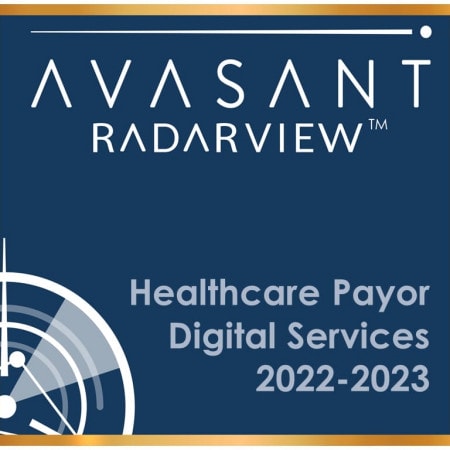
Healthcare Payor Digital Services 2022–2023 RadarView™
The Healthcare Payor Digital Services 2022–2023 RadarView™ can help payors craft a robust strategy based on industry outlook, best practices, and digital transformation. The report can also aid in identifying the right partners and service providers to accelerate digital adoption. The 96-page report also identifies key service providers and system integrators that can help enterprises in their digital transformation.
January, 2022
-
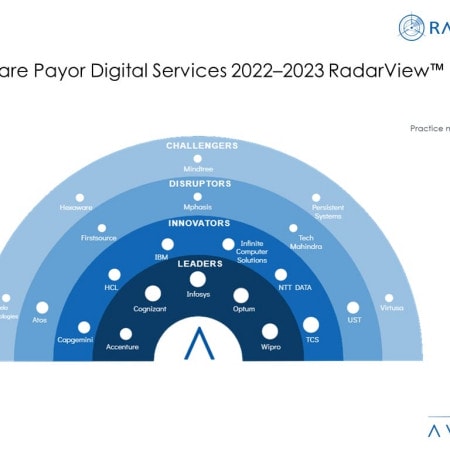
Preventive Care Investments Help Healthcare Payors Reduce Costs and Improve Quality of Care
With the rise in healthcare spending, payors are evaluating different methodologies to contain costs and improve care delivery. Major strategic goals for payors include incorporating Social Determinants of Health (SDOH) in policy calculation, shifting to a value-based care model with price transparency, and adhering to interoperability laws. However, the most critical goal is to invest in preventive care and facilitate the shift from reactive to proactive care. Payors can achieve up to 42% ROI over three years by implementing preventive care measures such as promoting lifestyle modifications, building digital health platforms, and launching apps. These emerging trends are covered in Avasant’s Healthcare Payor Digital Services 2022–2023 RadarView™.
January, 2022
-
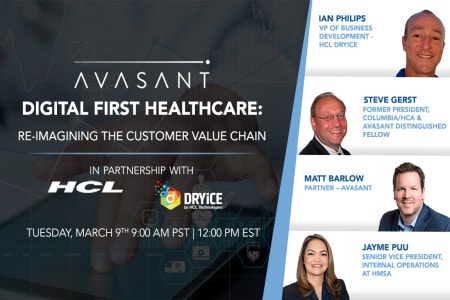
Avasant Digital Forum: Digital First Healthcare: Re-Imagining the Customer Value Chain
The Healthcare business teams need the correct data in-hand to serve customers faster and more efficiently. Today, they are dependent on vastly distributed and complex systems which do not provide real-time views with business context. Without business context it’s impossible to derive meaningful actionable insights in order to improve customer experience or fuel business growth. Rising cost complexities, interconnected systems and mounting regulatory pressures makes it imperative to know not just what went wrong, but why it went wrong in real-time. Simply looking at IT observability provides limited value to business operations teams.
March, 2021
-

From the Plant to the Patient: Innovation in Value Driven Healthcare
Conversely, when stakeholders collaborate early in the patient’s journey, increased lead-time improves production planning and distribution assuring the necessary inventory is available at the optimal time for the patient. This is a win for both cost and quality. Ultimately, every step that streamlines the path from the plant to the patient creates a potential increase in value.
August, 2019
-
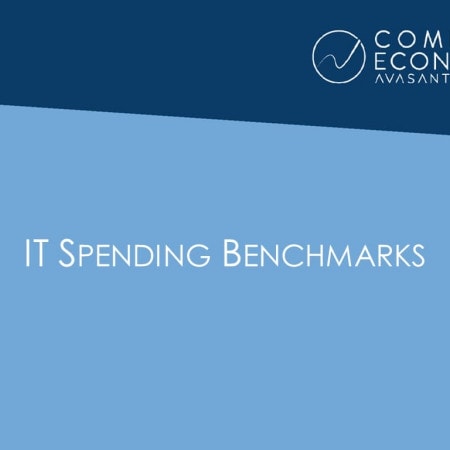
IT Spending and Staffing Benchmarks 2018/2019: Chapter 26: Hospital Subsector Benchmarks
Chapter 26 provides benchmarks for hospitals. The 31 respondents in this subsector range in size from $52 million to $16 billion in annual revenue. This category includes community hospitals, university hospitals, nonprofit hospitals, health clinics, healthcare systems, and regional healthcare providers. (50 pp., 30 fig.) [Full Study Description]
June, 2018
-

Drilling Deep into Healthcare ERP
Most enterprise software providers today claim to target certain industry sectors, but when you scratch below the surface you find that their so-called industry focus is not much more than a market strategy. In this Research Byte, we show how Infor is putting some weight behind its industry strategy, most recently in the healthcare.
February, 2014
-

Healthcare Providers Boosting IT Staff Ranks
Irvine, Calif.—IT job seekers will find healthcare providers the most likely candidates for job openings, according to the IT Spending and Staffing Benchmarks 2011/2012 study by Computer Economics. The survey found that 61% of healthcare organizations are increasing IT staff headcount this year, well above the rate for all organizations in the study.
August, 2011
-

IT Spending and Staffing 2008/2009: Chapter 10, Healthcare Sector Benchmarks
Chapter 10 provides benchmarks for healthcare provider organizations across all organizational sizes. Respondents in this sector this year include hospital groups, community hospitals, integrated regional health systems, physicians groups, and other types of healthcare organizations. Health insurance and managed care firms are not included in this chapter, but are covered in Chapter 9. The benchmarks provided in this chapter are the same as those in Chapter 2 (Composite Benchmarks). (63 pp., 41 figs.)[Full Report Description]
July, 2008
-
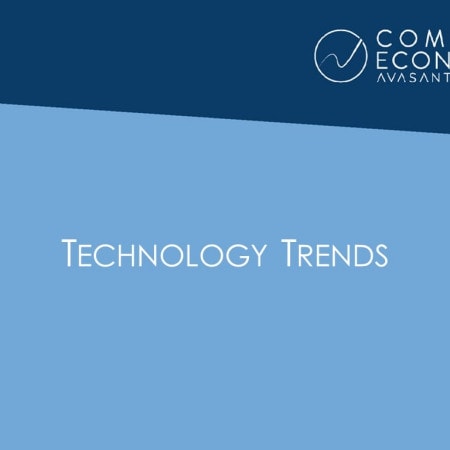
Seamless Networks for Healthcare Information Are on the Horizon
Despite its size and importance, the healthcare industry lags behind many other sectors in deploying industry-wide IT standards. One reason is the lack of seamless interoperability within the medical provider's IT infrastructure, as well as with other hospitals and clinics. However, this situation is changing, as industry standards are beginning to make interoperability a reality in healthcare. (5 pp., 1 fig.)[Executive Summary]
April, 2007
-

Healthcare Moving Slowly on Internet Applications for Utilization Management
In a national study of utilization management (UM) and other medical management practices, American Accreditation HealthCare Commission (URAC) found that less than 40% of survey respondents currently use the Internet for pre-certification of clinical procedures. However, UM leaders expect to move rapidly towards electronic capability, with a full 94% indicating that customers want more electronic transactions.
September, 2002
-

Making the Case for Automating Medical Practice (Oct 2000)
ePhysician has developed secure, Palm-based wireless handheld medical devices that help healthcare professionals improve the quality of care. The company established partnerships with VeriSign's wireless Internet trust services as well as several other companies to create the first security solution for PalmOS handheld devices intended to be Health Insurance Portability and Accountability Act (HIPAA)-compliant.
August, 2002

 Grid View
Grid View List View
List View